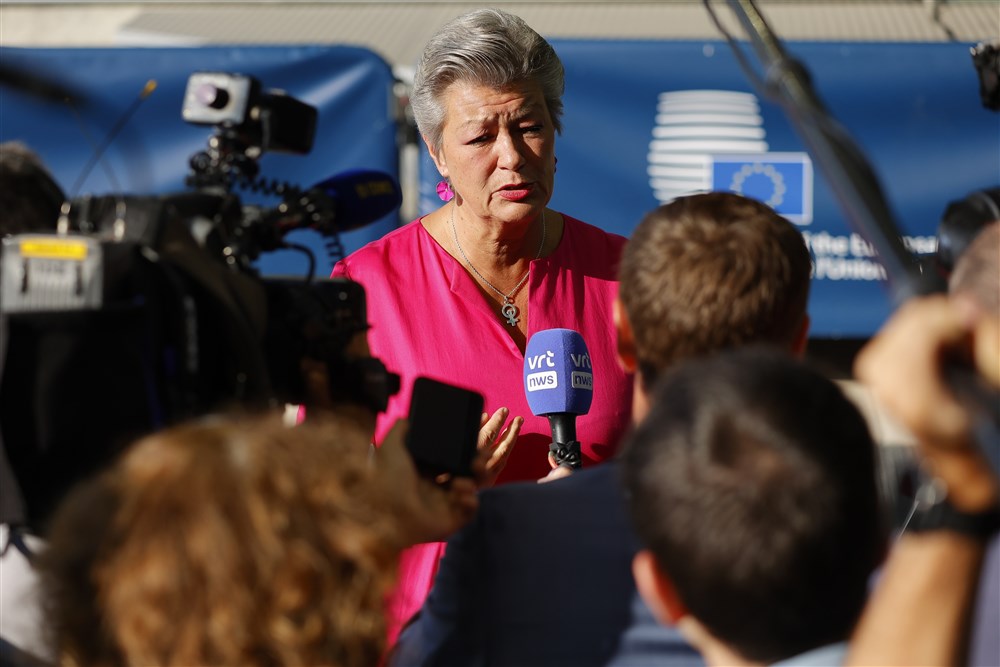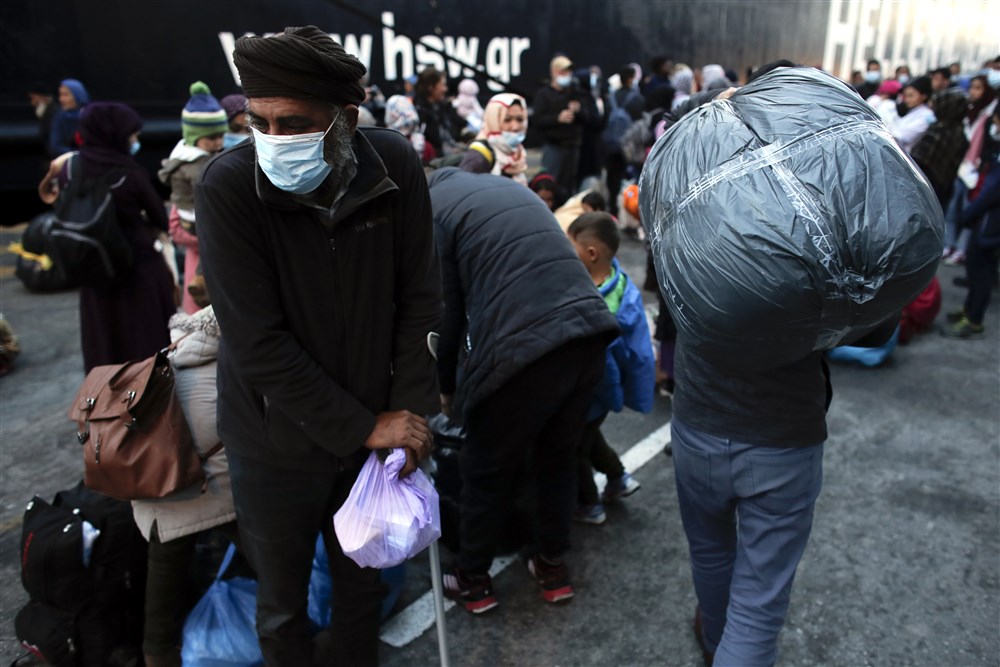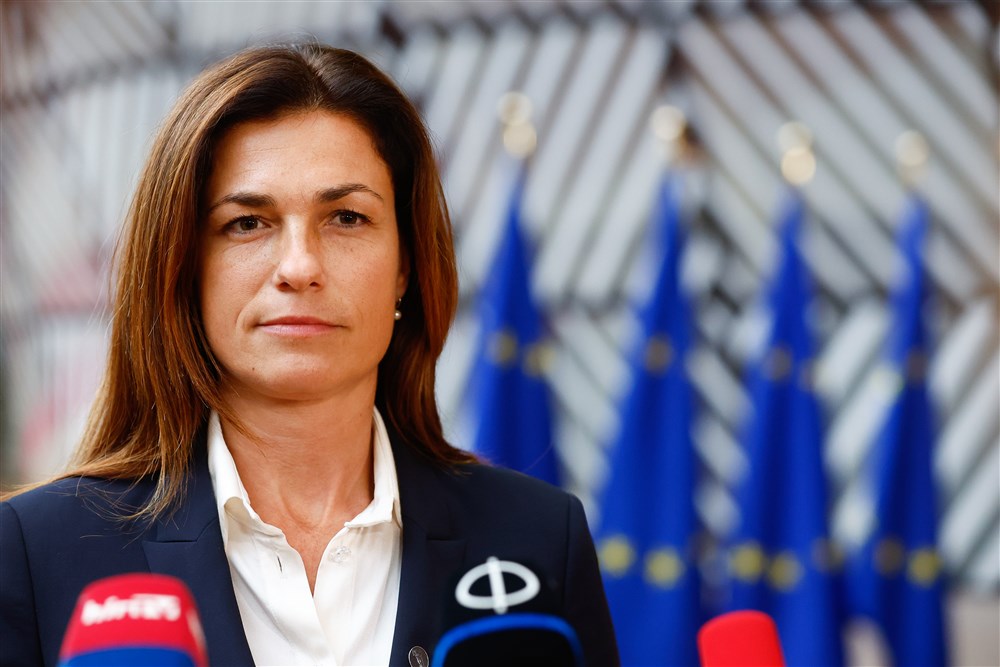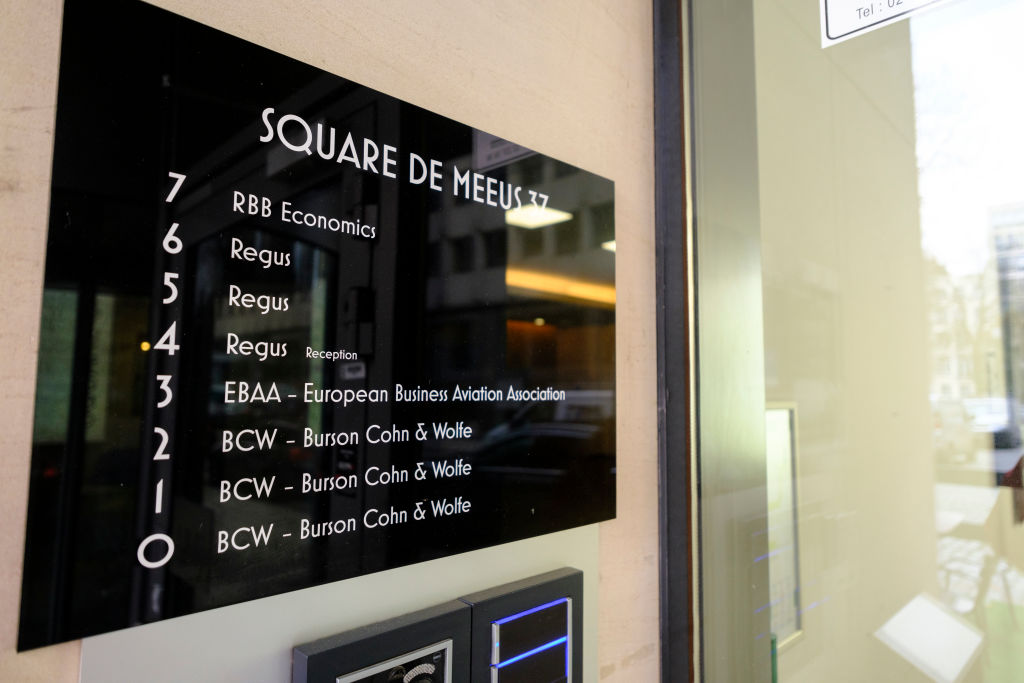Polarisation hit the European Parliament on June 14 as the political factions argued over the EU Migration Pact recently approved by the Council of the European Union.
Acrimony filled the Strasbourg plenary hall, as Right and Left lambasted the pact for their own reasons, while the Centre pleaded for constructive support to get the pact over the line.
The fall-out came following the Council’s June 8 agreement that pushes for faster processing of asylum-seekers alongside quicker rejections – and repatriation of failed asylum claimants. It also advocates the creation of a ‘solidarity mechanism’ that will give EU Member States the option of either accepting relocated migrants or paying €20,000 per migrant not accepted.
Many in Parliament argued that the Council’s position on the pact was too extreme regarding asylum-seekers, while others argued that it didn’t go far enough in dealing with mass migration.
This could spell trouble for the future of the pact, as Parliament must now enter inter-institutional negotiations with the Council and the European Commission – otherwise known as ‘trilogues’.
Parliamentary negotiators will have a hard time representing their institution’s position in those discussions, particularly as Parliament itself has trouble deciding what its own unified position is.
Jordi Salé, a Spanish MEP for the Greens group, said the Council’s stance on the pact was “worrying”, and that it would only “reinforce” a “fortress Europe” perception. He called on the Parliament to defend direct mandatory relocation.
He was backed up by Italian MEP, Elisabetta Gualmini, of the S&D Group, who condemned what she said was an “obsession with repatriation”, and the Commission’s recent migrant relocation deal with the “autocratic” president of Tunisia. She described the idea of Member States paying €20,000 per migrant refused as “disgusting”, and also backed mandatory relocations.
Illustrating the infighting among parliamentarians, one Left-leaning MEP lamented having to listen to “the inhumane nonsense of the right”, while a ‘green’ MEP referred to the whole migration debate as “toxic”.
The parties of the Right also condemned the pact. However, in contrast to the Left, members of the ECR and ID groups, as well as Hungarian politicians, criticised the pact for not going far enough.
Hungarian MEP, Kinga Gál, said that the so-called solidarity mechanism amounted to “punishing Member States”.
Jean-Paul Garraud from Rassemblement National, meanwhile, highlighted the consequences of uncontrolled mass migration in France, citing the stabbing of four young children and two pensioners by a Syrian refugee on June 8 that had forced French minister Gérald Darmanin to leave that day’s Council meeting. Garraud also said that Hungary’s and Poland’s standpoint should be better supported, adding they were “brave” for opposing the pact.
Charlie Weimers, of the Sweden Democrats, criticised the views of the Left-leaning liberal majority in Parliament, saying: “It’s very easy to talk about [migration] as a liberal, but what’s it like on the ground?”
Adding to the bickering, representatives from the Renew and EPP Groups condemned “both extremes” and called on the Parliament to take a constructive approach in moving forward with the pact. Their protestations only garnered a minor ripple of applause.
Concluding the debate, Council representative and Sweden’s Minister for EU Affairs, Jessika Roswall, emphasised that time was of the essence regarding implementing the pact, pointing out that Europe was now “heading into peak season” for migrant arrivals.
Yet, given the fact that the trilogue delegates will have to get final approval from a divided Parliament for any final deal with the Council and Commission, that is unlikely to be a fast or smooth process.





